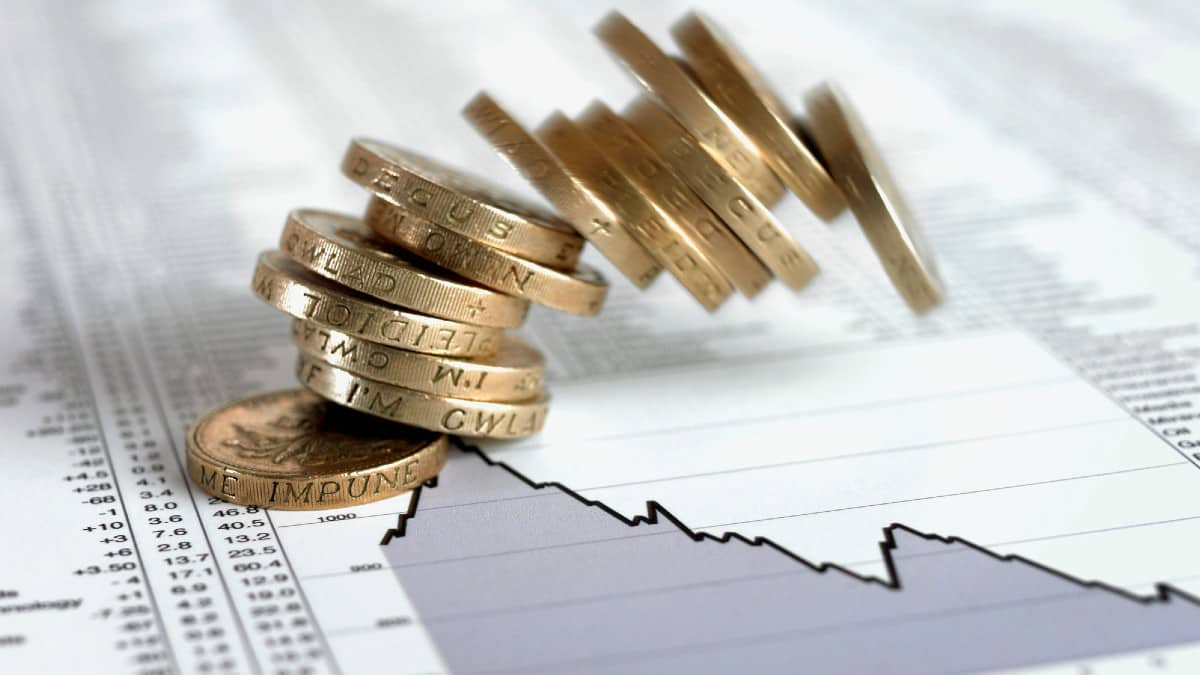Passive income from my Stocks & Shares ISA is always welcome. So I keep an eye out for high-performing dividend shares I think could potentially help generate sizeable income.
One income stock I do not own announced today (21 March) it has raised its annual dividend by an impressive 17%.
This is just the latest in a series of beefy annual dividend increases by the firm. The dividend per share is up 144% over the past five years alone.
Not only that, but the shareholder payout is covered almost four times by adjusted earnings and over four times by operating cashflows.
Could this be one to tuck into my ISA?
Simple, proven business model
The company in question merits closer examination under my investor’s microscope. That is quite fitting, as it is a manufacturer of the sort of lab instruments that help scientists and researchers do their work.
Called Judges Scientific (LSE: JDG), I think the business model is deceptively simple.
Accuracy matters when it comes to scientific measurement, so investors are willing to pay a premium for quality products. A lot of instrument makers are small concerns. When the founder retires, often they are for sale at relatively low valuations.
By taking a disciplined approach to acquisition costs, Judges has been able to snap up some bargains. It can then offer economies of scale in functions like accounting and compliance, helping the makers get on with what they do best.
As the latest results show, this business model is working very well.
Last year, not only did the dividend grow strongly but so did revenues, up by a fifth. Statutory operating profit was up 19% and cash generated from operations jumped 30%.
Two questions I’d ask
So far, so good. But I would have two questions before buying this income stock for my portfolio.
My first is, can its success last? One concern I have is cash flows. Although operating cash flows grew strongly, an acquisition model can involve borrowing money (something treated in accounts as a non-operating cost).
Indeed, it was so with Judges last year. Net cash investing and financing outflows of £33.5m were higher than net operating cash flows. Cash balances fell, while statutory net debt grew 32% to £51.6m.
So far, the model has been successful. Despite the increase, I am still comfortable with that level of net debt. It is fairly small beside Judges’ market capitalisation of £768m. But I do see growing debt as a long-term risk, especially if future acquisitions do not turn out to be as successful as past ones.
My second question as an investor is, does the current valuation of this income stock offer me value?
The Judges Scientific share price trades on a price-to earnings ratio of 78 based on last year’s statutory basic earnings per share. That high valuation explains why, despite the strong track record of growth in dividends per share, the yield here is just 0.8%.
So while I like the business a lot, the same cannot be said of its valuation. For now, I will not be buying.








